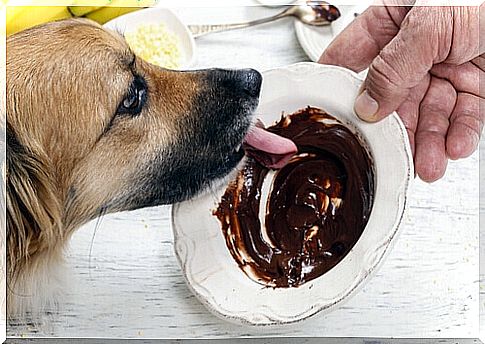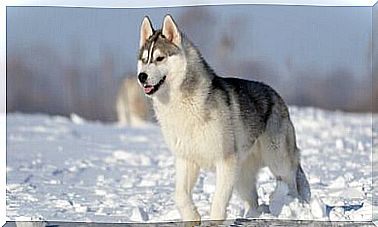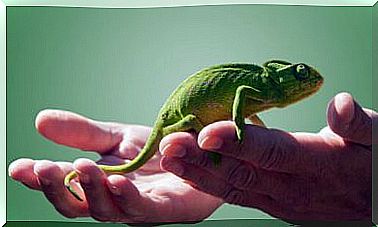10 Things That Can Poison Your Dog. Be Careful!

The dog is a curious animal by nature and for him it is normal in many occasions to risk his own life for something that catches his attention. We must take into account that dogs use their mouths to evaluate everything they encounter and that some substances can poison them.
Chocolate can poison your dog
While it’s delicious for us, it’s not a good food to give our dog friends. Chocolate has a substance called theobromine, an alkaloid that is obtained from the cocoa plant and that stimulates the central nervous system, causes bronchodilation and has several cardiovascular effects. Dogs cannot easily eliminate theobromine and therefore it becomes a toxic agent for them.

This substance can be dangerous even in small doses. It is said that only a tiny portion of certain products associated with chocolate can be lethal to our friend.
Among the different types of chocolate, bitter is the one that contains the most theobromine, much more than milk chocolate.
Signs of chocolate poisoning include diarrhea, vomiting, urinary incontinence, increased heart rate, increased respiratory rate, tremors, and spasms.
There is a product similar to chocolate, but much less harmful, that dogs are able to assimilate well: carob. In addition to good assimilation , carob has several beneficial properties for our dog, such as regularizing intestinal transit, delaying the animal’s aging, increasing energy level, benefits for vision and improved memory.
Acetaminophen and tranquilizers can also poison
Acetaminophen, beneficial to us humans, is highly harmful to our dogs. This pain reliever will harm the dog’s liver and red blood cells. The consequence is that a dog poisoned by acetaminophen can die from liver necrosis. A small dose of the product can already be very harmful to our pet. Some experts assert that two pills of the drug are enough to kill the animal.
Laundry detergents and softeners
Detergents and fabric softeners can be very toxic if our dog ingests them in some way. Softeners are even more dangerous because they contain cationic substances. Symptoms of poisoning include hypersalivation (drooling), lethargy, vomiting, mouth burns, seizures, shock, and coma.
mouthwash
Certain mouthwashes have boric acid among their components, which is very toxic to dogs. Other household products with this substance are those used to clean eyeglasses and contact lenses, as well as those used to sanitize dentures.
Anticoagulants
This is a high risk element for pets. Every year, many dogs die from anticoagulant poisoning. This type of substance has an aroma and a taste that pleases dogs, and it is not difficult for them to want to taste it. However, the ethylene glycol present in these products will seriously affect the kidney function of our animal and it will have serious reactions, such as convulsions, vomiting and lethargy.
Clothes Whiteners
Similar to detergents and fabric softeners, laundry bleaches contain chlorine and are highly toxic to our friends. Among the symptoms it can cause are vomiting, heavy salivation and abdominal pain.
fruit seeds
The seeds and seeds of some fruits are very dangerous for dogs, with the possibility of obstructing the respiratory tract of these animals (choking). In other cases, they are toxic to your body.
In the evolution of dogs, they have not yet been able to adapt to a seed diet, so their digestive system does not process these foods as they should.
Ornamental plants

Similar to seeds, some ornamental plants are toxic to dogs and other domestic pets as well. The symptoms caused by poisoning by these plants will be very different depending on the species ingested, but generally include vomiting and effects on the central nervous system.
Among the toxic plants are: tomato, spinach, azalea, autumn crocus, avocado (leaves), adelfa (oleander), St. Kitts weed, dulcamara, belladonna, foxglove, hemlock, aquatic hemlock, yew, castor and lily of the valley.
Ibuprofen
Its effect is similar to paracetamol in dogs. This excellent anti-inflammatory, which brings so many benefits to humans, is highly toxic to dogs in doses that exceed 5 milligrams per kilogram of body weight. Thus, an adult ibuprofen pill (600 milligrams) would be deadly for a small dog.
Antidepressants
There are many drugs that humans use for antidepressant purposes, but they can poison the dog and will seriously affect his nervous system, kidney and liver health.









